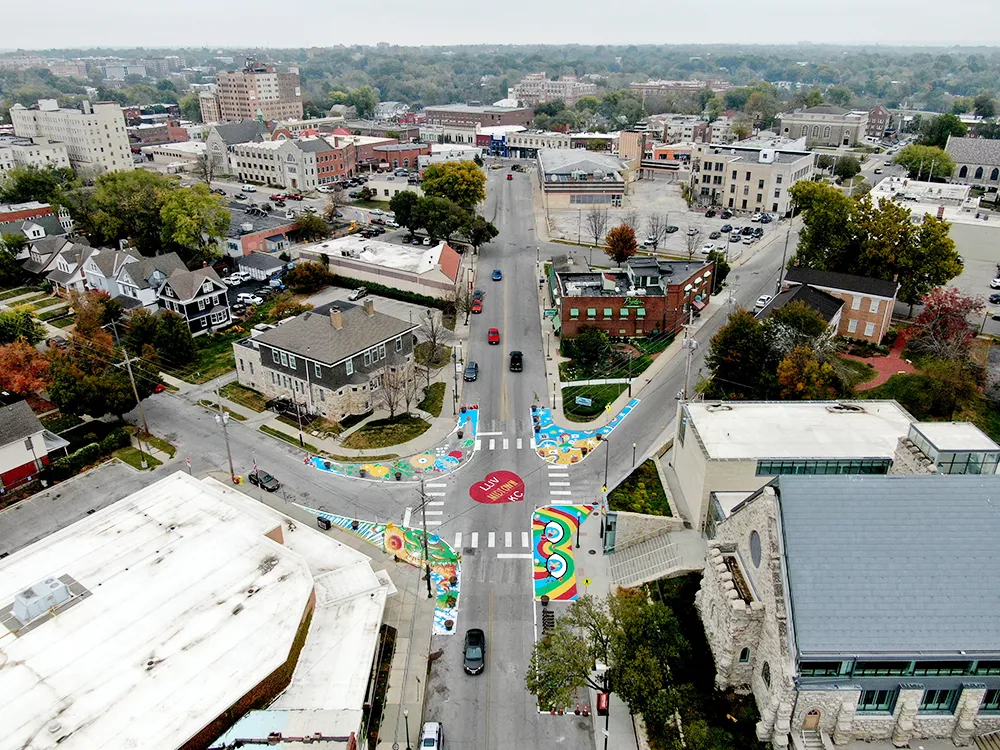A new multi-purpose centre has opened in Bristol to house the council’s Emergency Control Centre, Traffic Control Centre and Community Safety (CCTV) Control Rooms into a single facility for major emergencies. These teams provide public safety services that use 700 CCTV cameras around the city with a large part of the centre dedicated to managing the city’s traffic network and monitoring the flow of traffic around Bristol.
October 20, 2017
Read time: 2 mins
A new multi-purpose centre has opened in Bristol to house the council’s Emergency Control Centre, Traffic Control Centre and Community Safety (CCTV) Control Rooms into a single facility for major emergencies. These teams provide public safety services that use 700 CCTV cameras around the city with a large part of the centre dedicated to managing the city’s traffic network and monitoring its flow of traffic.
Staff from transport providers are now able to work with the council’s traffic management team to provide greater reliability in public transport services and more accurate real-time information about services.
The centre monitors 200 junctions, manages almost 40 traffic and information signs, handles 46,500 welfare and telecare calls every month and has been built on a communication platform that links into the city’s high-speed fibre network.
Open 24 hours a day and 365 days a year; the centre provides traffic monitoring, set up and review of traffic signals, emergency response to telecare and assistive technology users, alarm and security monitoring, lone worker support and CCTV management.
Marvin Rees, mayor of Bristol, said: “This new centre represents an investment in the safety of citizens and getting the city moving. The challenges we face to beat congestion, support vulnerable people in their homes and secure safer streets require new approaches and new ways of working. By blending state of the art technology and a collaborative approach to sharing operations we’re taking a positive step towards meeting these challenges.”
Staff from transport providers are now able to work with the council’s traffic management team to provide greater reliability in public transport services and more accurate real-time information about services.
The centre monitors 200 junctions, manages almost 40 traffic and information signs, handles 46,500 welfare and telecare calls every month and has been built on a communication platform that links into the city’s high-speed fibre network.
Open 24 hours a day and 365 days a year; the centre provides traffic monitoring, set up and review of traffic signals, emergency response to telecare and assistive technology users, alarm and security monitoring, lone worker support and CCTV management.
Marvin Rees, mayor of Bristol, said: “This new centre represents an investment in the safety of citizens and getting the city moving. The challenges we face to beat congestion, support vulnerable people in their homes and secure safer streets require new approaches and new ways of working. By blending state of the art technology and a collaborative approach to sharing operations we’re taking a positive step towards meeting these challenges.”







